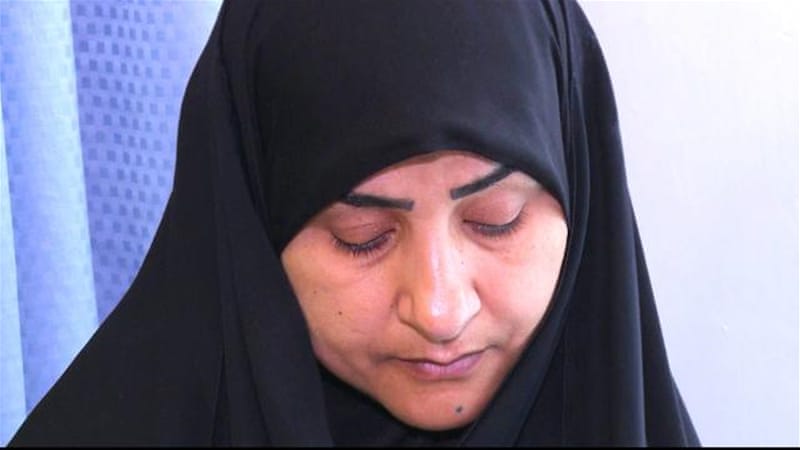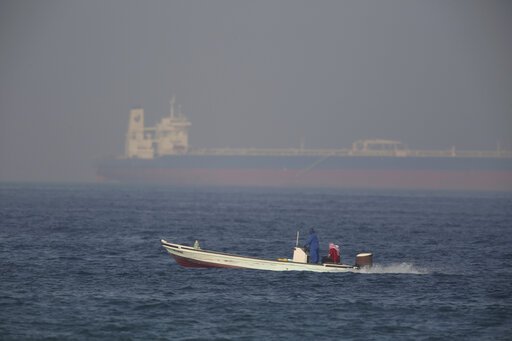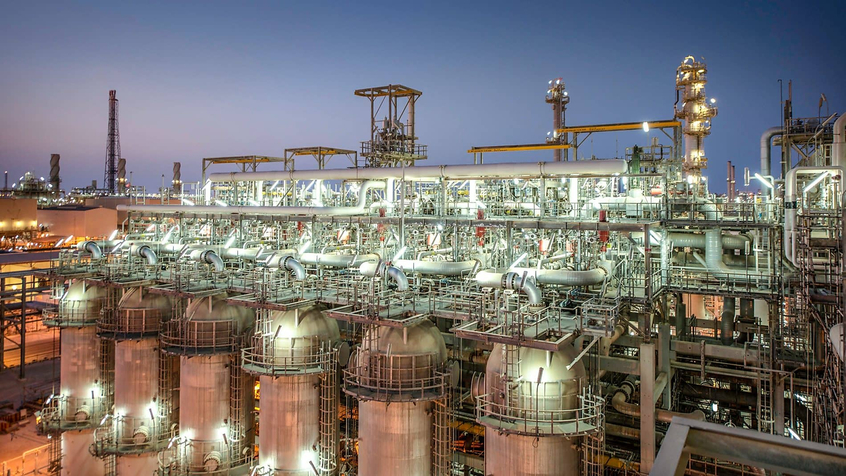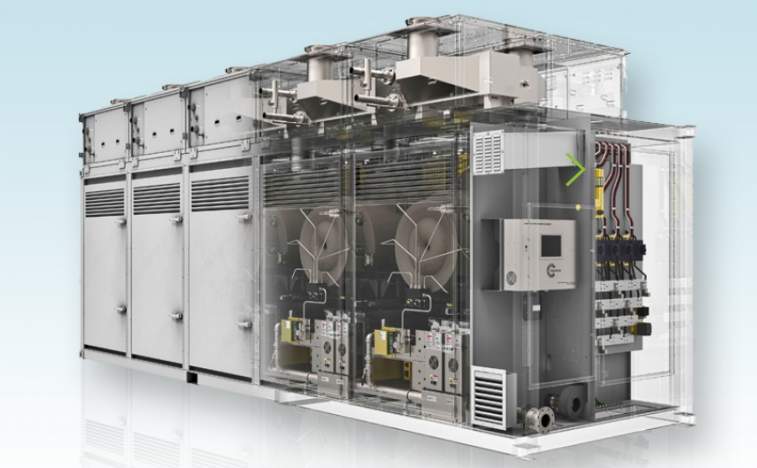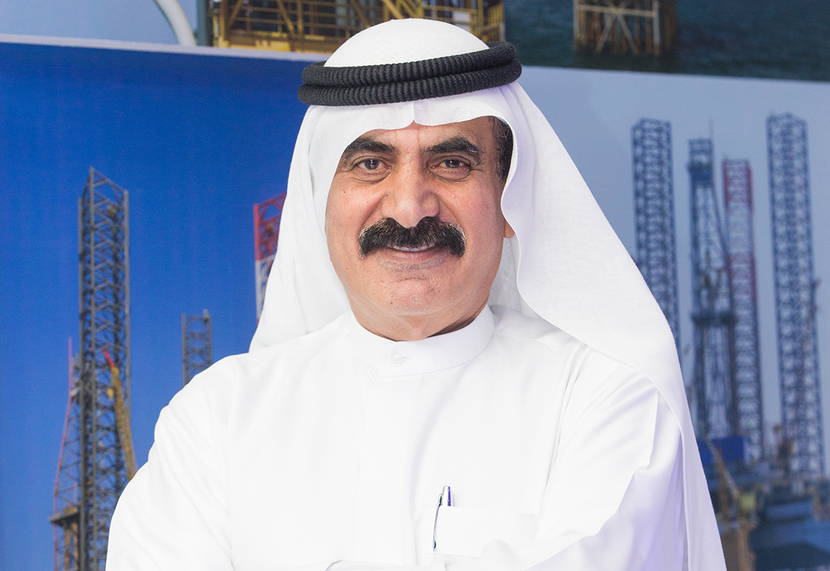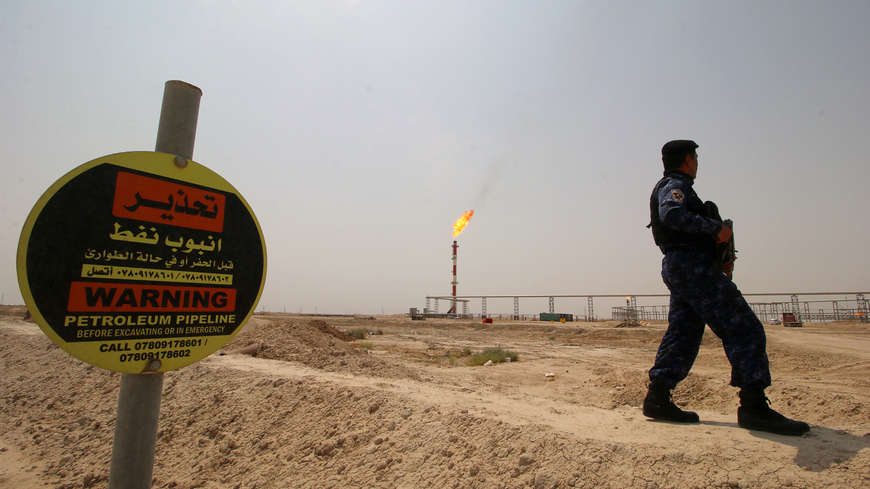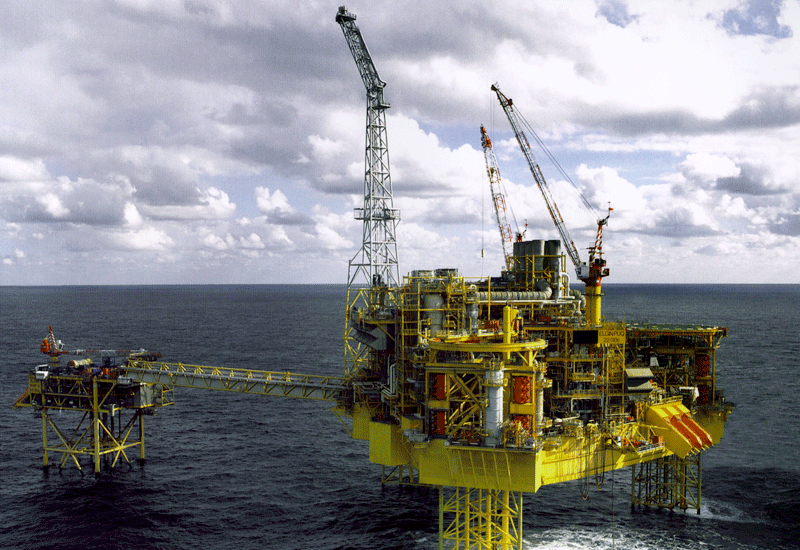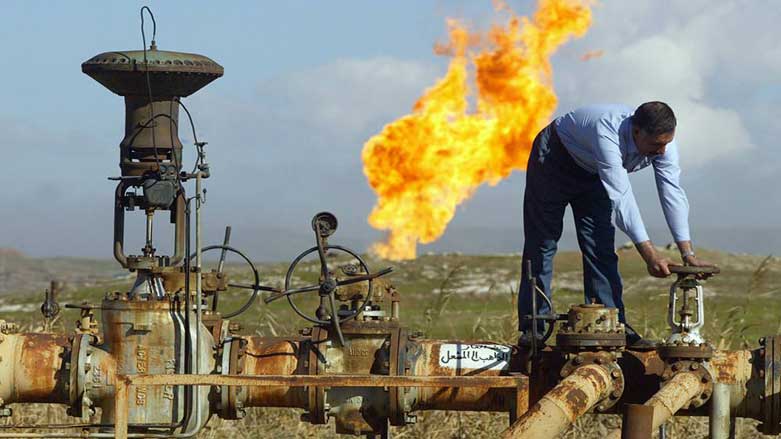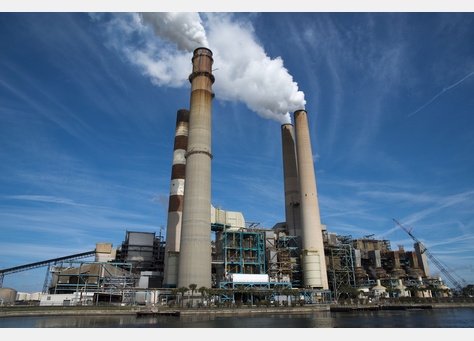US-based Capstone Turbine Corporation (Nasdaq: CPST) has announced today that it has secured an order for two C600 Signature Series microturbines to provide 1.2 megawatts (MW) of energy to power a triethylene glycol (TEG) dehydration facility in the Basra region of Southern Iraq.
The order also includes Capstone’s new self-cleaning pulse filtration system which will allow the microturbines to endure the remote and sandy conditions with minimal maintenance. The order was secured by Technical Solutions to Industry FZE (TSI), Capstone’s authorized distributor to Iraq and United Arab Emirates (UAE).
Fueled by available raw gas, Capstone’s two C600S microturbines will power 100% of the new dehydration facility. The new facility is part of a larger 25-year joint venture between local gas and leading oil producer’s efforts to capture, treat and monetize associated gas currently being flared from three southern Iraq oilfields.
Capstone recently developed a new line of self-cleanable severe environment air filtration systems for its Signature Series line of microturbine products to facilitate its expansion into the oil and gas business in the Middle East as part of its overall double digit revenue growth strategy.
The company announced its intentions to expand its business into the Middle East a couple of years ago and has previously delivered successful projects in Oman, Qatar, Saudi Arabia and the UAE. Capstone expects that higher oil prices and the move towards reduced gas flaring will continue to drive demand and should provide a positive backdrop for Capstone’s low emission microturbine solutions.
Darren Jamison, President and Chief Executive Officer of Capstone, said:
“Flaring is the traditional way to dispose of unwanted gas produced during oil exploration activities, but the long standing practice creates an immense amount of carbon dioxide emissions and adds to climate change.
“In Iraq alone, 16 billion cubic meters (bcm) of natural gas is flared annually, making it a wasted resource that could instead provide electricity or other benefits to meet the predicted doubling demand by 2030.”
Iraq is one of the world’s biggest energy producers and is set to become the fourth-largest oil-producer by 2030 behind the United States, Saudi Arabia and Russia according to the IEA report, Iraq’s Energy Sector: A Roadmap to a Brighter Future 2019.
At the same time, 60-70% of gas produced is being flared due to the lack on infrastructure causing Iraq to import natural gas from the neighboring country of Iran. To improve efficiency and help with shortfalls due to rising electricity demand, the Iraqi government is working with international gas companies to capture and utilize its resources versus flaring.
Jim Crouse, Executive Vice President of Sales and Marketing for Capstone, said:
“As pressure for more efficient and environmentally conscious oil and gas production increases, we continue to see an increased demand for microturbines for flare reduction applications.
“Capstone, through its distributor network, is committed to do its part by educating and working with producers and local operators for a more profitable production. Flare reduction applications like this in Basra can have a payback as short as one year which makes it an economic win as well as an environmental win.”
(Source: Capstone)

